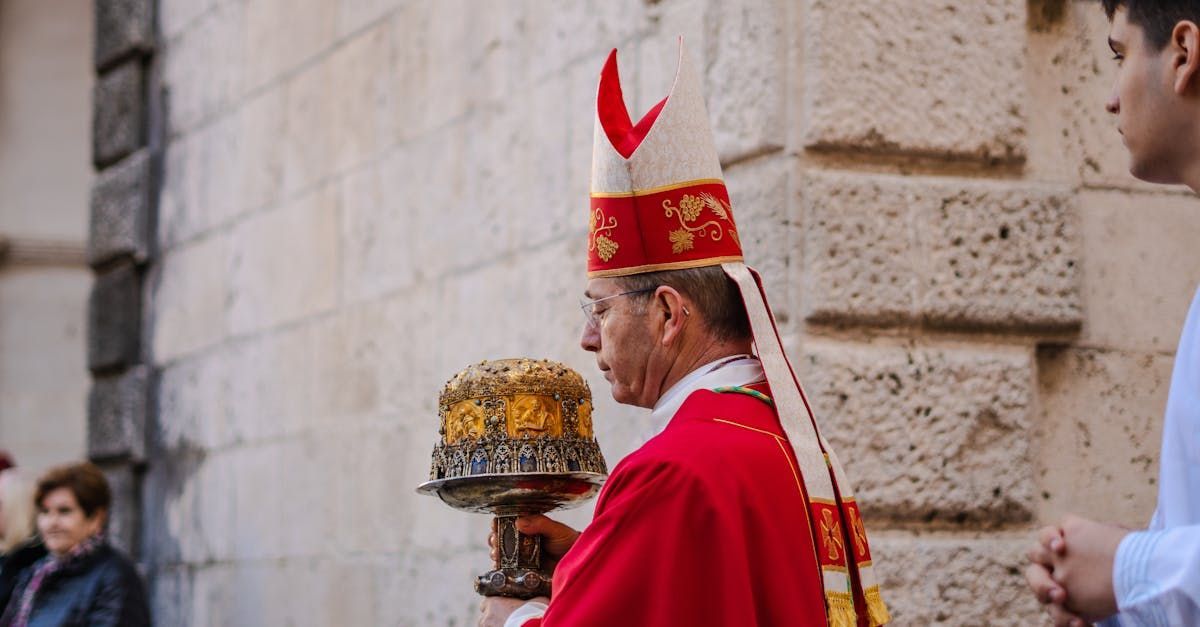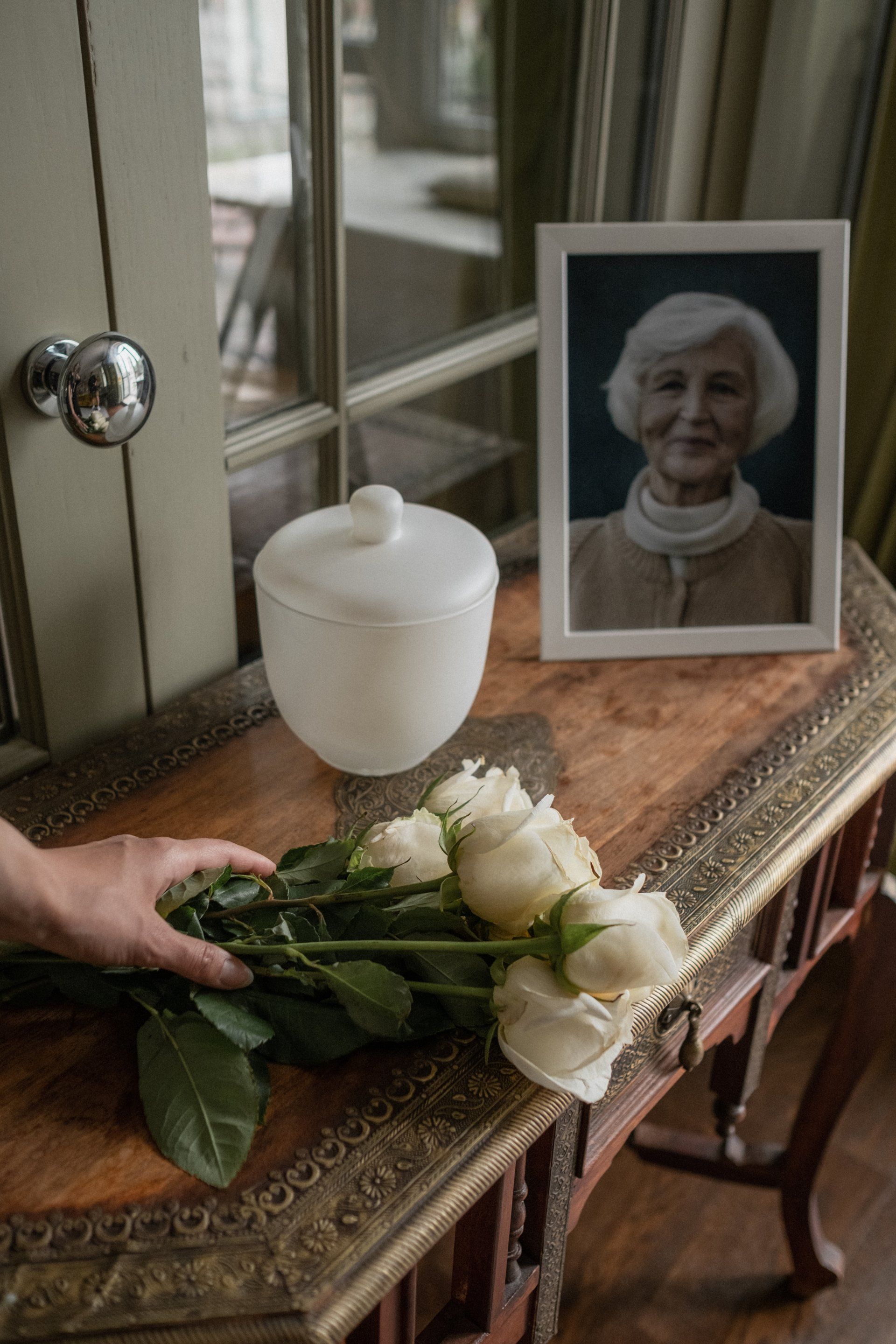Auméntanos la fe
Después de varios domingos con largas lecturas del Evangelio, el de hoy es bastante corto. Tiene dos partes. La primera es la parábola de la semilla de mostaza y el árbol sicómoro, y la segunda es una parábola sobre la relación entre un amo y su sirviente. Nuestro Señor enseña con estas parábolas después de que los discípulos clamaran: «¡Señor, auméntanos la fe!» Este es un cariño que muchos de nosotros hemos tenido en nuestra vida y caminar con Jesús. A veces, parece que hemos llegado a un punto en el que no vemos crecimiento o cambio en nuestra vida cristiana. Podemos clamar en oración: «Señor, haz crecer mi fe». Y este es un sentimiento muy piadoso.
En esta primera parte del Evangelio, nuestro Señor desafía a sus discípulos cuando les dice: «Si tuvieran una fe del tamaño de un grano de mostaza, podrían decir a este árbol sicómoro que lo arrancara de raíz y lo plantara en el mar; y se arrancaría solo y ve a plantarse en el mar». Los árboles sicómoros están muy inmensos. En la ley judía, no se podía plantar un árbol sicómoro a menos de cincuenta pies de una cisterna o pozo. Debido a su enorme sistema de raíces, podría perforar el pozo y provocar su colapso. Con esto en mente, podemos pensar en la dificultad que es, incluso con herramientas y máquinas modernas, desenterrar un árbol grande con un gran sistema de raíces. Requiere mucho esfuerzo durante muchos días. En segundo lugar, nadie puede plantar un árbol en el mar. Es una imagen bastante ridícula. En realidad, el Señor les está diciendo que, con un poco de fe, pueden lograr cosas imposibles.
La dura realidad, sin embargo, es que las cosas imposibles que queremos no vienen automáticamente. Oramos con fe para que la enfermedad de alguien desaparezca o una situación personal se resuelva sola. Y cuando estas cosas no se resuelven en nuestra vida, comenzamos a dudar de que nuestra fe sea lo suficientemente fuerte.
Recuerdo muy vívidamente haber entrado en la unidad de cuidados intensivos de un hospital una vez. Una familia llamó a la iglesia y pidió que un sacerdote viniera a ungir al padre que estaba en soporte vital. Fui y lo ungí y luego fui a la sala familiar donde todos estaban reunidos. El médico entró para explicar que su padre tenía muerte cerebral. Después de un accidente automovilístico, ambos pulmones permanecieron colapsados durante demasiado tiempo para que funcionaran nuevamente por sí solos. No había posibilidad de que sobreviviera. El hijo mayor estaba en negación. Me gritó: «Padre, ¿no cree en los milagros? Si reza lo suficiente, se despertará». Tuve que explicarle que todos podemos creer en los milagros, pero ninguno de nosotros tiene derecho a ellos. Pero ahí estábamos. Quería tanto algo de Dios que si no lo obtenía, de alguna manera tenía la culpa de no tener una fe lo suficientemente fuerte.
Cuando, en nuestra propia mente, no recibimos aquello por lo que oramos, de alguna manera es culpa nuestra. Empezamos a cuestionar nuestra vida de oración o nuestra lealtad a Dios. Si no llega una cura milagrosa o no se supera un obstáculo personal en mi vida, empezamos a pensar que hemos fallado de alguna manera. Por eso nuestro Señor da una segunda parábola que está relacionada con la primera.
En esta segunda parábola, Nuestro Bendito Señor pinta un cuadro de un amo y un sirviente al final del día. El sirviente ha estado trabajando en el patio todo el día. Cuando entra, Nuestro Señor dice: «¿Qué amo no le pediría a ese criado que se sentara y comenzara a servirle la cena?» La respuesta es obvia. Ningún maestro haría eso. En cambio, incluso después de un día de trabajo agotador, el sirviente entraba y atendía a su amo. Y luego viene el resultado. Les dice a sus discípulos que, al final del día, todo lo que hacen por Dios es lo que se les ha mandado.
Y aquí es donde recae el misterio de la vida cristiana. No hay nada que podamos hacer para la gloria de Dios que nos gane algo más grande que lo que él prometió. Si miro una lista de mis responsabilidades como párroco y marco todas las casillas: cumplí con este deber, cumplí con este deber y me he ocupado de esta responsabilidad, lo he hecho bien. Puedo decir: «He hecho lo que se me ordenó». Y si voy más allá y paso más energía visitando a los feligreses y pasando más tiempo con los necesitados y los enfermos, ¿qué merezco? ¿Un aumento de sueldo? ¿Una casa más lujosa? ¿Un bono? No, en absoluto. Todo lo bueno que hago, que es moralmente correcto pero que no se requiere de mí, no gana nada.
Pienso en los grandes santos. Todos fueron más allá. El jueves fue la fiesta de San Jerónimo. Es mejor conocido por traducir las Escrituras al latín. ¿O qué hay de Juan Diego? Tuvo visiones de Nuestra Señora de Guadalupe. ¡Yo también pienso en el Padre Pío! Podía bilocarse y llevar los estigmas, las heridas de la crucifixión de Nuestro Señor en sus manos y pies. Pienso también en San Juan Bosco. Levantó a un niño de entre los muertos. Y San Juan de Cupertino, el sacerdote que necesitaba dos servidores que lo sujetaran mientras celebraba la Misa para que no se levitara en éxtasis.
¡Imposible! ¡Todas estas cosas son imposibles! Pero ninguno de estos hechos milagrosos es lo que los hizo santos. Lo que los hizo santos fue su fidelidad diaria a la oración, observando diligentemente los mandamientos, evitando las tentaciones mundanas, orando fielmente y asistiendo a la Santa Misa. Ante todos estos momentos imposibles de su vida, reconocieron que la misma tarea imposible de todo cristiano es alcanzar la salvación. Por nosotros mismos, la salvación es imposible. Por lo tanto, un aumento de fe debe venir con dos movimientos. El primero es un alejamiento de las cosas creadas. El segundo es un movimiento en el que confiamos más en la providencia y voluntad de Dios. Por nosotros mismos, esto es imposible. Debemos confiar en la gracia de Dios.
¿Y si rezamos un Rosario todos los días? Que más hacemos que no es necesario pero es bien? Bendecimos nuestra comida en público. Participamos en tantos eventos de la iglesia como sea posible. Nos ponemos de pie en nuestro lugar de trabajo por nuestra fe y moral. Terminamos amistades que no nos llevan a la santidad. Llegamos a ser tan bien leídos en nuestra fe que podemos enseñar a otros. ¿Estas prácticas significan que debemos ganar algo extra de Dios? No. Al final del día, debemos decir con el sirviente: «Soy un sirviente inútil. Solo he hecho lo que se requería de mí». Esta es la humildad spiritual, la humildad divina. Así es como no nos enorgullecemos espiritualmente, sino que nos encomendamos más confiadamente a la gracia y ayuda de Dios.
Cuando decimos: «¡Señor, auméntanos la fe!» no es más que decir: «Señor, ayúdame a confiar más en ti para poder llegar a la salvación que no merezco ni puedo alcanzar por mí mismo». Y en el camino de la salvación en este valle de lágrimas, debemos servir a Dios con todo nuestro corazón, mente, alma y fuerzas. Al final, esto es lo que nos ha pedido.
Pastor's Ponderings












